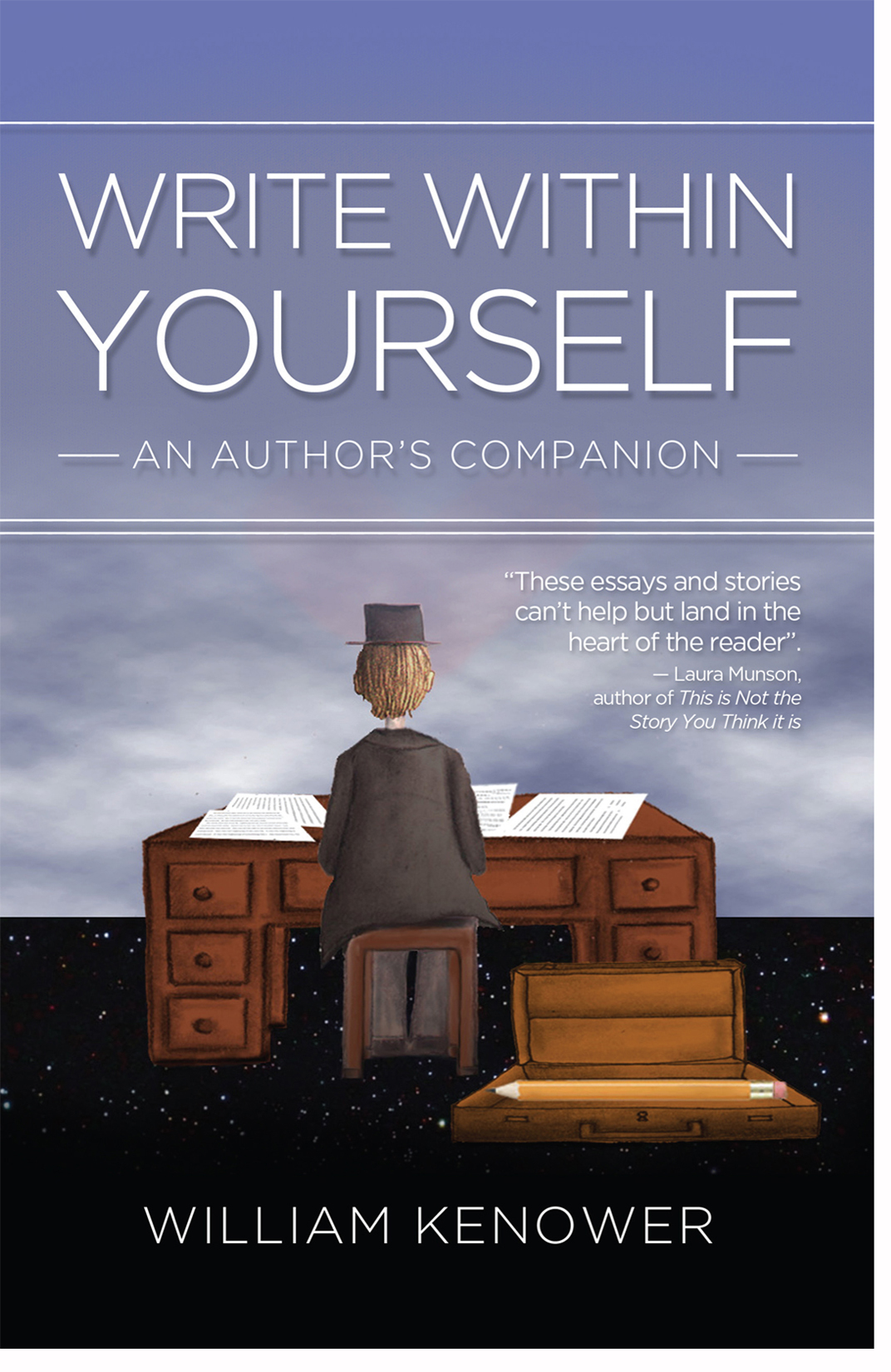All Writing is Rewriting
Whether we write fiction or memoir, we are usually drawn to tell stories from our painful past. Everyone I know has some painful past. Some people’s painful pasts are more dramatic than others. Some involve physical our emotional abuse, some involve incredible poverty or isolation. The circumstances that seemed to bring about the pain, however, are strangely irrelevant. The pain could stem from something as simple as losing a race or getting a D in algebra. As soon as we begin telling a story about the event that is out of alignment with the truth of who we are and have always been and always will be, we are in pain. The pain, of course, is not punishment but information. The pain is life telling us in the only language available that our story sucks, that it is untrue, that it is a nightmare we invented in an attempt to understand what at one time appeared unacceptable. No matter. It is so easy to conflate the pain we feel remembering our story with the past itself and declare that our past is painful, and that life itself is often painful, that crap happens and it’s crappy and there’s nothing anyone can do about it except deal with it and not complain too much.
In this way, all writing is rewriting, from the very first word of the first draft of every story. We are summoned, consciously or unconsciously, to rewrite those stories. It is as if there is a pebble in our shoe, and we have been walking and walking for miles, having grown gradually accustomed to the discomfort. This is just what it feels like to travel through life. Until we rest, and we notice how much better this feels, and we don’t want to get up and keep moving if it means enduring that same discomfort which has grown, we now realize, into a blistering pain.
Some of us decide at such times that we are done with all shoes and walking. That is okay, but most of us would like to continue the journey. This is when rewriting is required, a search, you could say, for that pebble. It is astounding, when we find it, how small a thing it is for how much trouble it has caused. Don’t look at it for too long, however. Cast it aside. It has no value or meaning. It was an accident of perception that slipped under your feet and now that it is gone you may remember who you are.
Write Within Yourself: An Author's Companion.
"A book to keep nearby whenever your writer's spirit needs feeding." Deb Caletti.
You can find Bill at: williamkenower.com


